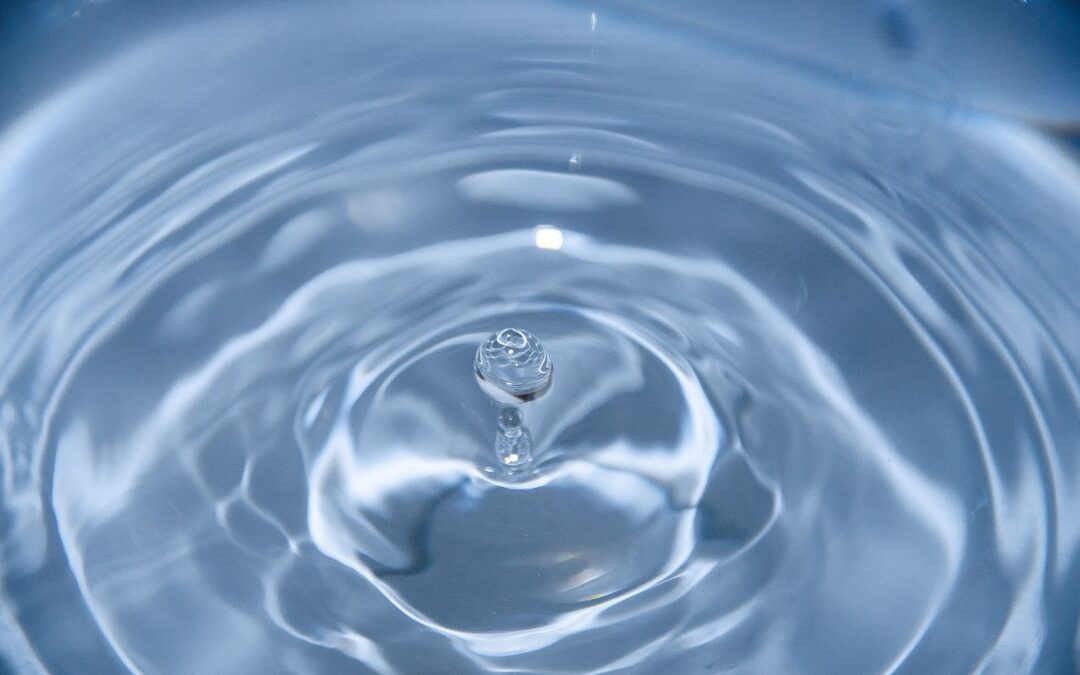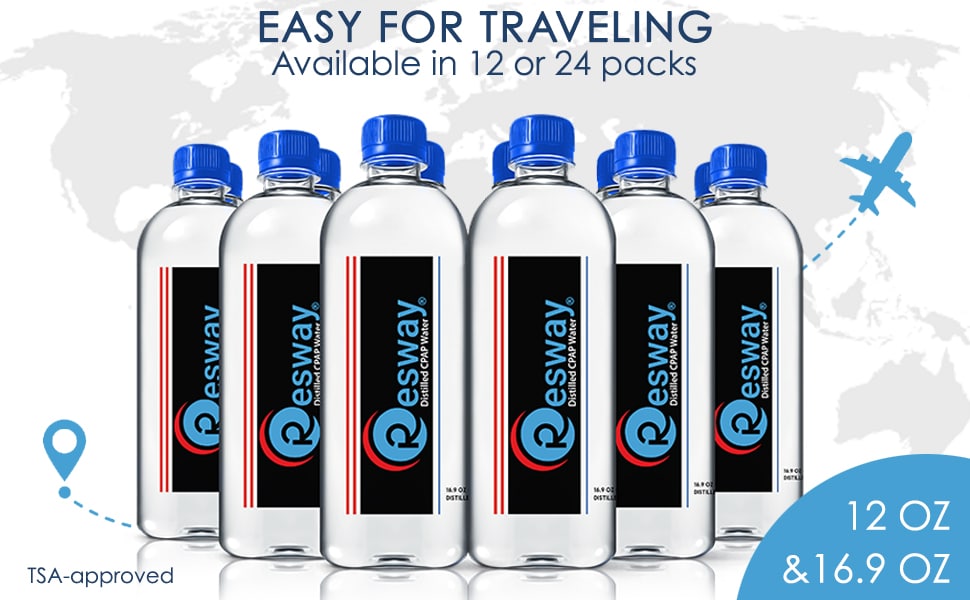CPAP dry nose is a frequent problem that may occur during Continuous Positive Airway pressure (CPAP) therapy, and it can have a detrimental influence on compliance and overall treatment efficacy. To optimize the advantages of CPAP treatment, it is essential to research ways to reduce dry nose symptoms and tailor your therapy appropriately.
This article will include advice on locating the best CPAP solution for a dry nose and ideas for tailoring your treatment to your own requirements and preferences.
Understanding The Causes Of CPAP Dry Nose
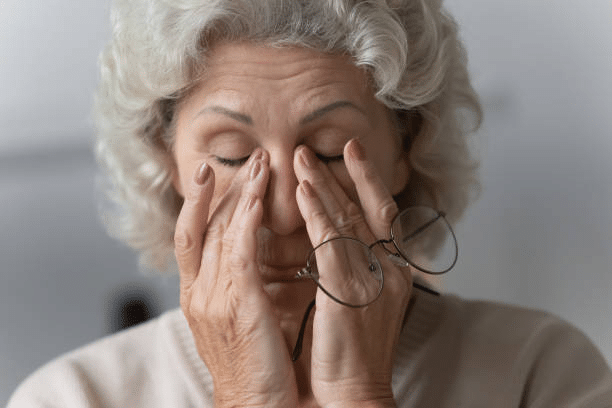
The most prevalent adverse effect of CPAP therapy, an effective treatment for obstructive sleep apnea, is nasal dryness, often known as “CPAP dry nose.” This may be unpleasant, interrupt your sleep, and reduce the efficacy of your CPAP therapy.
Many possible reasons for nasal dryness during CPAP treatment exist, including:
Low Relative Humidity
Sometimes, CPAP devices may dry your air, resulting in dry nasal passages and mouth. This is particularly prevalent in dry or cold climates.
Nasal Irritation
The continual air pressure from the CPAP machine may create nasal irritation, which can increase mouth dryness and, in extreme situations, lead to bleeding or infection. Nasal irritation may be caused by causes such as an ill-fitting mask or a mask that is ineffective for the user’s specific requirements.
Leaky Mask
If your CPAP mask does not fit correctly, air may seep out, causing nasal passages to become dry and uncomfortable. A mask that leaks may also diminish air pressure, making sleep apnea therapy less effective.
Using The Mouth To Breathe
If you use a CPAP machine while breathing through your mouth, you may feel dry mouth and nasal passages. This is because the air from the machine skips your nasal passages and lacks the natural humidification they provide.
Reduced CPAP Humidity
You may suffer nasal dryness if your CPAP machine does not have a built-in humidifier or the humidity is not set up high enough.
Nasal Allergies
If you suffer from nasal allergies, the continual air pressure from the CPAP machine might aggravate your symptoms and cause pain.
Medications
As a side effect, several drugs might produce nasal dryness. If you suffer nasal dryness during CPAP treatment, it may be worthwhile to see your doctor about alternate medications to ease this dryness.
Underlying Medical Disorders
Some medical illnesses, like Sjogren’s syndrome and other autoimmune disorders, may cause dryness throughout the body, including the nasal passages.
To determine the precise reason for your dry nose during CPAP treatment, tracking your symptoms over time and paying close attention to them is necessary. Maintain a sleep journal to record the quality of your sleep, any changes in your nasal dryness symptoms, and any other things that may be affecting your CPAP therapy.
You may also choose to experiment with modifying the settings of your CPAP machine, such as raising the humidity level, using a heated humidifier, or switching to a different mask or nasal cushion.
Using a nasal saline spray or other moisturizers, keeping hydrated, avoiding mouth breathing, and maintaining excellent nasal hygiene are different methods for preventing and managing nose dryness during CPAP treatment.
Tips For Preventing CPAP Dry Nose
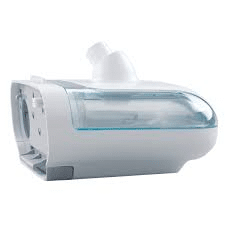
Preventing dry nose from occurring in the first place is one of the most effective methods for managing it. Here are some practical recommendations to assist you in doing so:
Use A Warmed Humidifier
A CPAP machine with a heated humidifier helps supply moisture to the air you breathe, preventing your nose and mouth from drying. The heated humidifier heats the water in the chamber, producing a warm mist that humidifies the air. It is essential to maintain the humidifier clean and periodically replace the water to avoid the formation of germs or mold.
Change The Room’s Temperature And Humidity
The environment’s dry air might lead to dry nasal passages. Changing the temperature and humidity of your sleeping space might ease dryness. A suitable temperature range is between 60 and 70 degrees Fahrenheit, with humidity levels around 50 percent.
Use Nasal Saline Spray
The nasal passages may be moistened and lubricated using a saline nasal spray. Saline spray is a non-medicated solution that is available over the counter at the majority of pharmacies. It is essential to adhere to the directions for usage and storage.
Choose The Proper CPAP Mask
The kind of CPAP mask you use might affect your nasal dryness. A full-face mask may produce greater dryness than a nasal mask covering the nose. Those who suffer dryness with other masks may also benefit from nasal cushions.
Keep Proper Nose Hygiene
Proper nose cleanliness may aid in the prevention of other frequent CPAP side effects. Keeping your nasal passages clean with a saline nasal rinse or other nasal moisturizer is essential. Also, avoid smoking and secondhand smoke exposure, which may irritate the nasal passages.
Think About Using A Chinstrap
With CPAP treatment, mouth breathing may also lead to dry nasal passages. Wearing a chinstrap may assist in keeping your lips closed and promote nasal airflow, preventing dryness.
In addition to these guidelines, there are different things you can do to preserve nose health and minimize CPAP side effects.
For instance:
- Maintain proper sleep hygiene by going to bed at the same time every night and avoiding stimulants such as coffee and alcohol before bedtime.
- Prevent smoking and secondhand smoke exposure since they irritate nasal passages and exacerbate dryness.
- Maintain hydration by consuming copious amounts of water throughout the day.
- See your doctor or sleep expert if you have chronic nose dryness or other CPAP side effects. They may be able to alter your therapy or prescribe other treatments.
Coping With CPAP Dry Nose
Despite protective measures, a dry nose might still develop during CPAP treatment.
Here are some suggestions for managing a dry nose:
Apply a Nasal Moisturizer
Several nasal moisturizers on the market may reduce the symptoms of a dry nose. These moisturizers are available as saline nasal sprays, gels, and creams. These items may assist in moisturizing the nasal passages and preventing dryness. Ayr Nasal Saline Gel is an example of a nasal moisturizer that may be administered straight to the nostrils.
Apply To The Face A Warm Compress
A warm, wet cloth applied to the face might help alleviate nose dryness. This may help release mucus in the nasal passages, making breathing easier. This is especially beneficial if you wake up with a dry mouth or nose.
Modify The CPAP Mask And Settings
If you continue to have a dry nose while using a heated humidifier, you may need to try a new CPAP mask. A full-face mask or nasal pillows may be more effective than a nasal mask. In addition, altering the CPAP’s pressure or humidity settings may reduce dryness.
It is essential to remember that these recommendations are not universal, and what works for one individual may not work for another. If you encounter prolonged dryness or other problems with your treatment, contacting your healthcare physician or CPAP supplier is always a good idea. They may suggest additional tactics or modifications to your treatment strategy.
Finding The Right CPAP Solution For Dry Nose
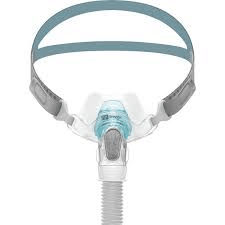
If you have a dry nose while undergoing CPAP treatment, several CPAP options are available to ease your symptoms.
Nasal Pillows
Nasal pillows are CPAP masks that rest immediately under the nostrils and deliver a low air pressure flow. These are an excellent alternative for those with mild to severe sleep apnea who desire limited face covering. In addition to alleviating dry nose, nasal pillows give a more focused airflow to the nasal passageways.
Full-Face Masks
Full-face masks cover the nose and mouth, providing greater air pressure flow. They are appropriate for mouth-breathing sleepers and those with more severe sleep apnea. Full-face masks are also an option for those with nasal congestion or sinus problems since they permit mouth breathing while delivering the required air pressure.
CPAP Devices Equipped With Humidification
A CPAP machine with a heated humidifier may help relieve a dry nose by providing moisture to the air you breathe. The humidifier includes water vapor in the air, which helps soothe and avoid irritation of dry nasal passages. Some CPAP machines offer customizable temperature and humidity settings, enabling you to tailor your treatment to your specific requirements.
Both nasal pillows and full-face masks have advantages and disadvantages. Nasal pillows are lightweight and straightforward. However, they may not be suited for those with severe sleep apnea or mouth breathing. Full-face masks provide more coverage and are an ideal choice for mouth-breathers, although they may be bulkier and may cause skin irritation.
CPAP machines with humidification are an excellent treatment for dry nose, but they need extra care, including frequent refilling of the water chamber and cleaning the humidifier’s components.
Consider modifying your humidifier settings, using a saline nasal spray or nasal moisturizer, or attempting a different CPAP mask or nasal cushion size to tailor your CPAP treatment to your specific dry nose symptoms. Consult with your healthcare practitioner or CPAP supplier for assistance in identifying the optimal CPAP solution for your unique requirements..
Conclusion
CPAP therapy is an excellent treatment for obstructive sleep apnea but may produce a CPAP dry nose and other unpleasant side effects. Patients may improve dry nose symptoms and maintain excellent nasal hygiene using easy techniques such as a heated humidifier, nasal saline spray, and nasal moisturizers.
Also, selecting the ideal CPAP solution, such as nasal cushions or full-face masks, may enhance comfort and compliance. Individuals must talk with their healthcare practitioner or CPAP provider if they suffer recurrent dry nose or other difficulties with their treatment.
Patients may maximize their comfort, adherence, and health by tailoring their treatment to their own requirements and preferences. To find the perfect CPAP accessories that suit your individual needs and enhance your therapy experience, visit our Amazon store. Our range of quality products is designed to make your CPAP therapy more comfortable and effective.



